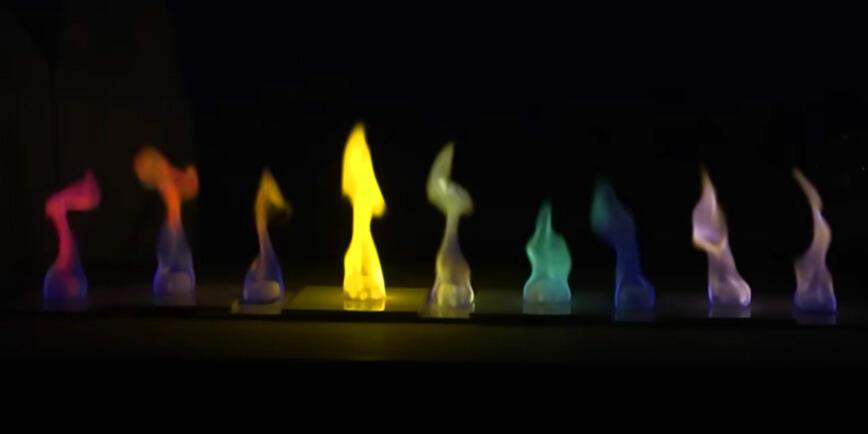Today, on Saturday 1st July, it’s London Pride! Pride is both a protest and a celebration for the LGBTQ+ community; it commemorates the Stonewall riots in 1969, and the subsequent struggle for justice and equality around the world. It marks how far LGBTQ+ rights have come for many, but also that there is still much to do.
Since our founding in 1799 at a meeting in Soho Square, to our current home in Mayfair, the Royal Institution has been based right at the heart of London and we’re proud to be located in such an amazing, vibrant city. We reach people all around the world with our science content, but it all started metres away from where Pride in London’s ‘Community Village’, featuring charities and not for profit groups like us, will be hosting their stalls this year.

London has a strong tradition of Pride marches, with the first taking place not far from the Ri’s front door in 1972. This year, it’s once again right at the end of our street, just 200 metres away, and we’re opening our doors to the community. If you’ve got an urge for some science amidst the festivities (or just want to use the loos and relax for a moment) we’ll be here! As a special occasion, our friends from Pride in STEM will be selling their enamel badges to fundraise for their work showcasing and supporting LBTQ+ people in science.
We expect the parade will be joyous and celebratory, and rightly so. However, we can’t overlook that significant challenges remain for LGBTQ+ people in the UK, and around the world. We’re keenly aware that LGBTQ+ scientists face specific problems too
-
In the physical sciences, 28% of LGBT+ scientists considered leaving their workplace because of the climate or discrimination towards LGBT+ people, according to a 2019 survey led by the IOP, RSC and RAS.
-
Only 8% of non-binary physical scientists were out to co-workers, with that figure rising to just 38% for lesbians and 44% for gay people. Much clearly remains to be done to make science a truly inclusive environment to live and thrive in.
This work really matters. LGBTQ+ individuals have played significant roles in various scientific fields, contributing ground-breaking discoveries and innovative advancements. Without the work of renowned mathematician and computer scientist Alan Turing, for example, it’s hard to imagine how modern computers and everything we use them for would have developed – but his story is a reminder of the injustices LGBTQ+ people have faced.
Our diversity is our strength. By fostering an inclusive environment that respects and values inclusivity, scientists will be in a better position to drive forward the frontiers of knowledge and create a brighter future for all. All of us at the Ri are grateful to everyone who’s championed the rights of queer communities since that first London parade – we are one of the very many organisations who’ve learned from those activists and continue to work at being truly inclusive.
Science thrives when diverse perspectives, experiences, and talents come together. This Pride, we commit to creating a safe, supportive, and inclusive environment – we are a home for science, and everyone is welcome.